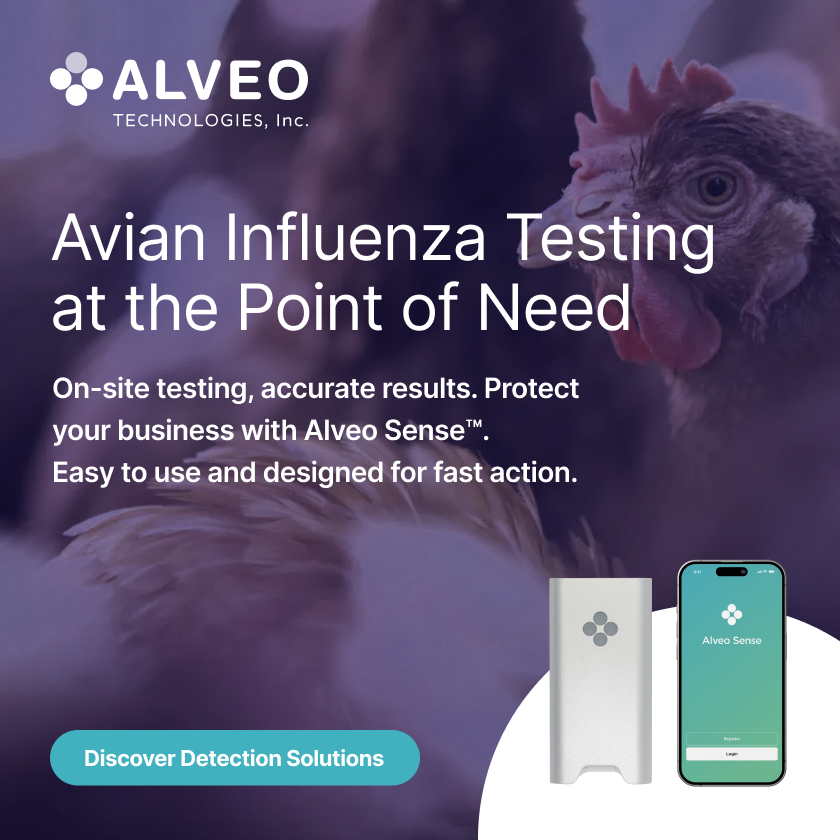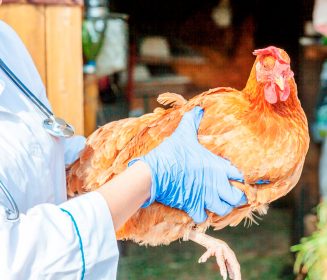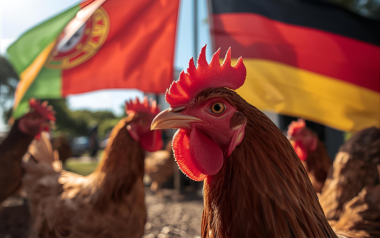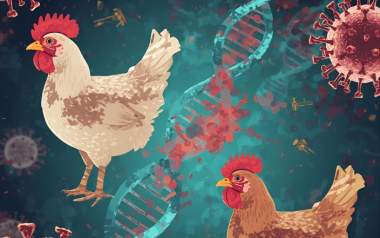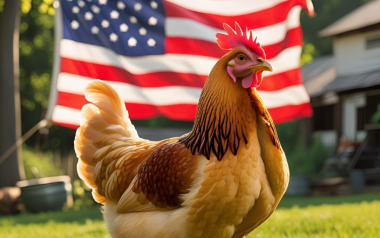FSIS will be proposing to set the limit at 1 colony forming unit (CFU) of Salmonella per gram for these products, a level that the agency believes will significantly reduce the risk of illness from consuming these products.
01 Aug 2022
USDA will declare Salmonella an adulterant in breaded stuffed raw chicken products
The U.S. Department of Agriculture’s (USDA) Food Safety and Inspection Service (FSIS) is announcing that it will be declaring Salmonella an adulterant […]
The U.S. Department of Agriculture’s (USDA) Food Safety and Inspection Service (FSIS) is announcing that it will be declaring Salmonella an adulterant in breaded and stuffed raw chicken products.
“Food safety is at the heart of everything FSIS does,” said Agriculture Secretary Tom Vilsack. “That mission will guide us as this important first step launches a broader initiative to reduce Salmonella illnesses associated with poultry in the U.S.”
“Today’s announcement is an important moment in U.S. food safety because we are declaring Salmonella an adulterant in a raw poultry product,” said Sandra Eskin, USDA Deputy Under Secretary for Food Safety. “This is just the beginning of our efforts to improve public health.”
By declaring Salmonella an adulterant in these products, FSIS will be able to ensure that highly contaminated products that could make people sick are not sold to consumers.
- Since 1998, breaded and stuffed raw chicken products have been associated with up to 14 outbreaks and approximately 200 illnesses.
- Products in this category are found in the freezer section and include some chicken cordon bleu or chicken Kiev products. These products appear cooked, but they are heat-treated only to set the batter or breading, and the product contains raw poultry.
- Continual efforts to improve product labeling have not been effective at reducing consumer illnesses.
Breaded and stuffed raw chicken products will be considered adulterated when they exceed a very low level of Salmonella contamination and would be subject to regulatory action.
The agency will also seek comment on whether a different standard for adulteration – such as zero tolerance or one based on specific serotypes – would be more appropriate.
The notice is expected to publish in the Federal Register in
TO CONTINUE READING REGISTER IT IS COMPLETELY FREE
Access to articles in PDF
Keep up to date with our newsletters
Receive the magazine for free in digital version
REGISTRATION
ACCESS
YOUR ACCOUNT
LOGIN
Lost your password?



